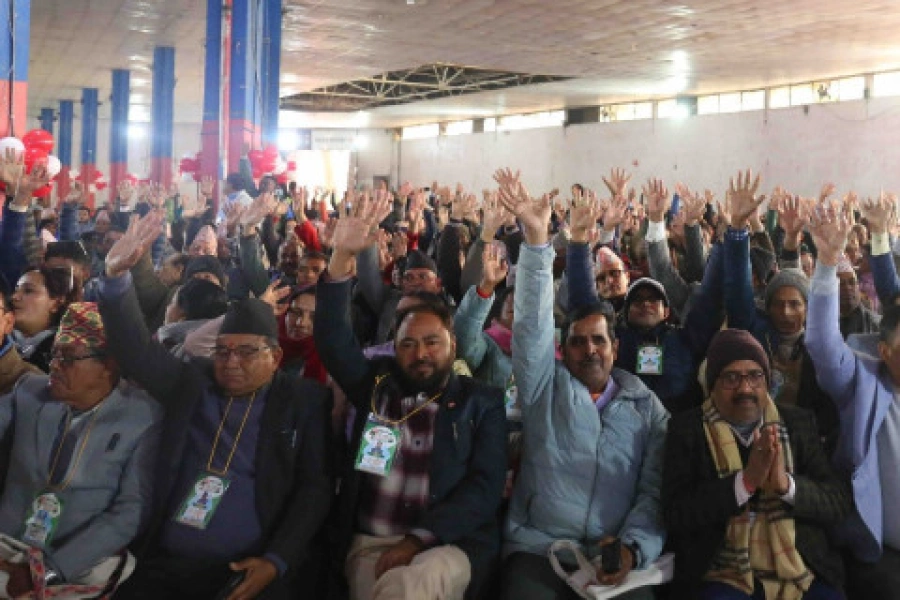KATHMANDU, Feb 22: Nepal Rastra Bank (NRB) has tightened lending toward auto and vehicle purchases, allowing banks and financial institutions (BFIs) to provide loans of up to only 50 percent of the valuation of a private vehicle.
The central bank has introduced the new rule to curb aggressive lending in unproductive sectors, including hire purchase loans.
Unveiling its mid-term review of monetary policy for the fiscal year 2016/17 on Tuesday, the central bank said that the limitation on vehicle and auto hire purchase loans would, however, not apply to loans for vehicles used for public, construction and service purposes.
The new restriction on loan ceiling comes a few weeks after the central bank's warning to BFIs to correct their aggressive lending in 'unproductive sectors' like hire purchase, real estate and margin lending, which has caused a shortage of lendable funds in the banking industry and a rise in interest rates.
Desperate search for missing girls as nearly 80 dead in Texas f...

Under the new requirement, a person buying a private vehicle will have to make a down payment of at least 50 percent of the price. Earlier, BFIs used to provide financing of up to 90 percent of the vehicle price. The 90 percent financing facility coupled with interest rates as low as 6 percent amid excessive liquidity in the banking system are cited for the surge in the number of people owning private vehicles in recent years.
Observers say that hire purchase loans have been one of the lucrative portfolios for BFIs due to high demand and low default possibility. According to NRB data, the outstanding hire purchase loans at BFIs have increased by a whopping 68 percent as of mid-January 2017 to Rs 142.6 billion from Rs 85.1 billion in mid-January 2016.
The sudden rise in auto loans by BFIs has raised eyebrows at the central bank, which has used monetary policy to direct its loans toward productive sectors and support the 6.5 percent economic growth target of the government.
Unveiling its monetary policy in mid-April last year, NRB had said that “the monetary policy stance is designed to channelize financial resources towards productive sectors such as agriculture, energy, tourism, and cottage and small industries as well as to the deprived sector.” The 'aggressive style' expansion of credit for auto, real estate and margin lending by BFIs despite a slow growth in deposits has caused a shortage of lendable funds, prompting the central bank to tighten the flow of credit toward private vehicle purchases.
However, auto dealers have voiced reservations over the central bank's decision. Shekhar Golchha, former president of Nepal Automobile Dealers Association, contends that the auto loan restriction does not help serve the purpose of addressing the shortage of lendable funds. “Commercial banks have only 6 percent exposure in the automotive sector, so the limit on lending is not serving the purpose. Rather, this will hit the automotive business as well as the revenue target of the government,” he added.





































